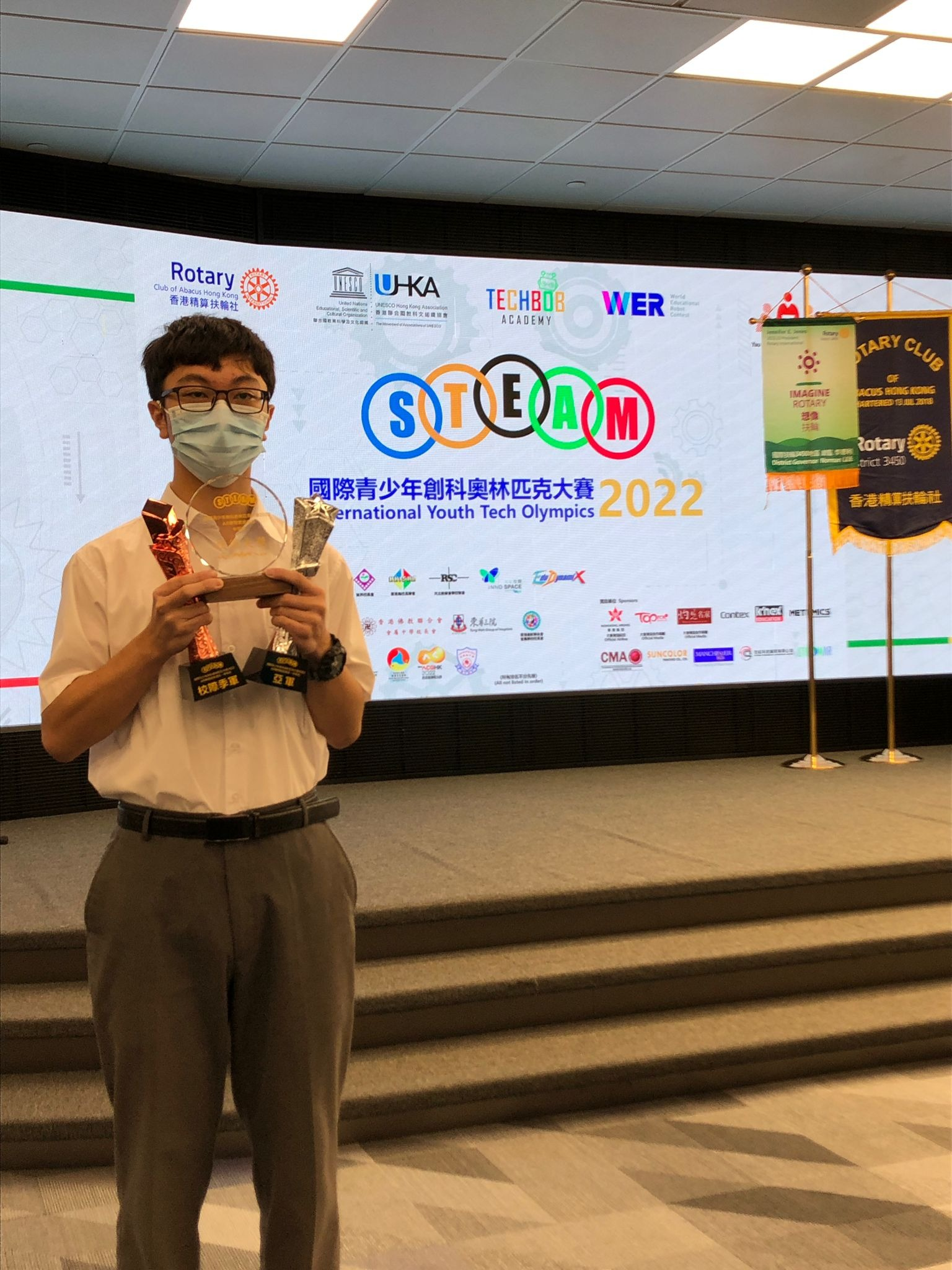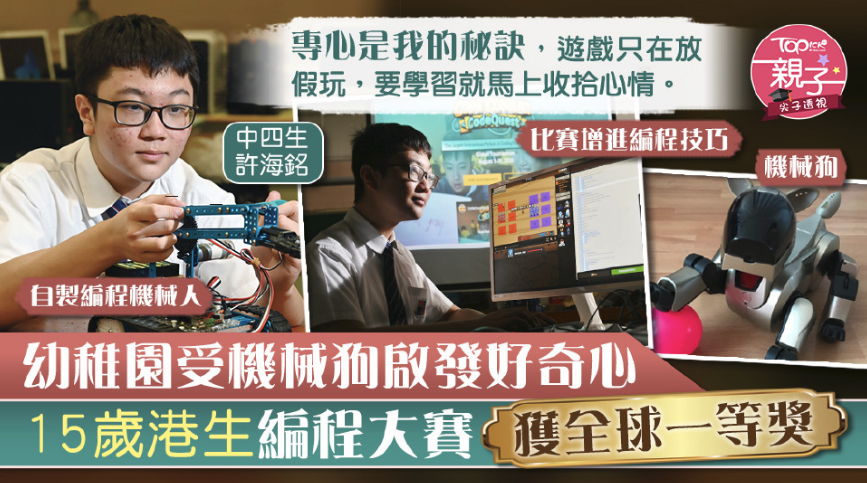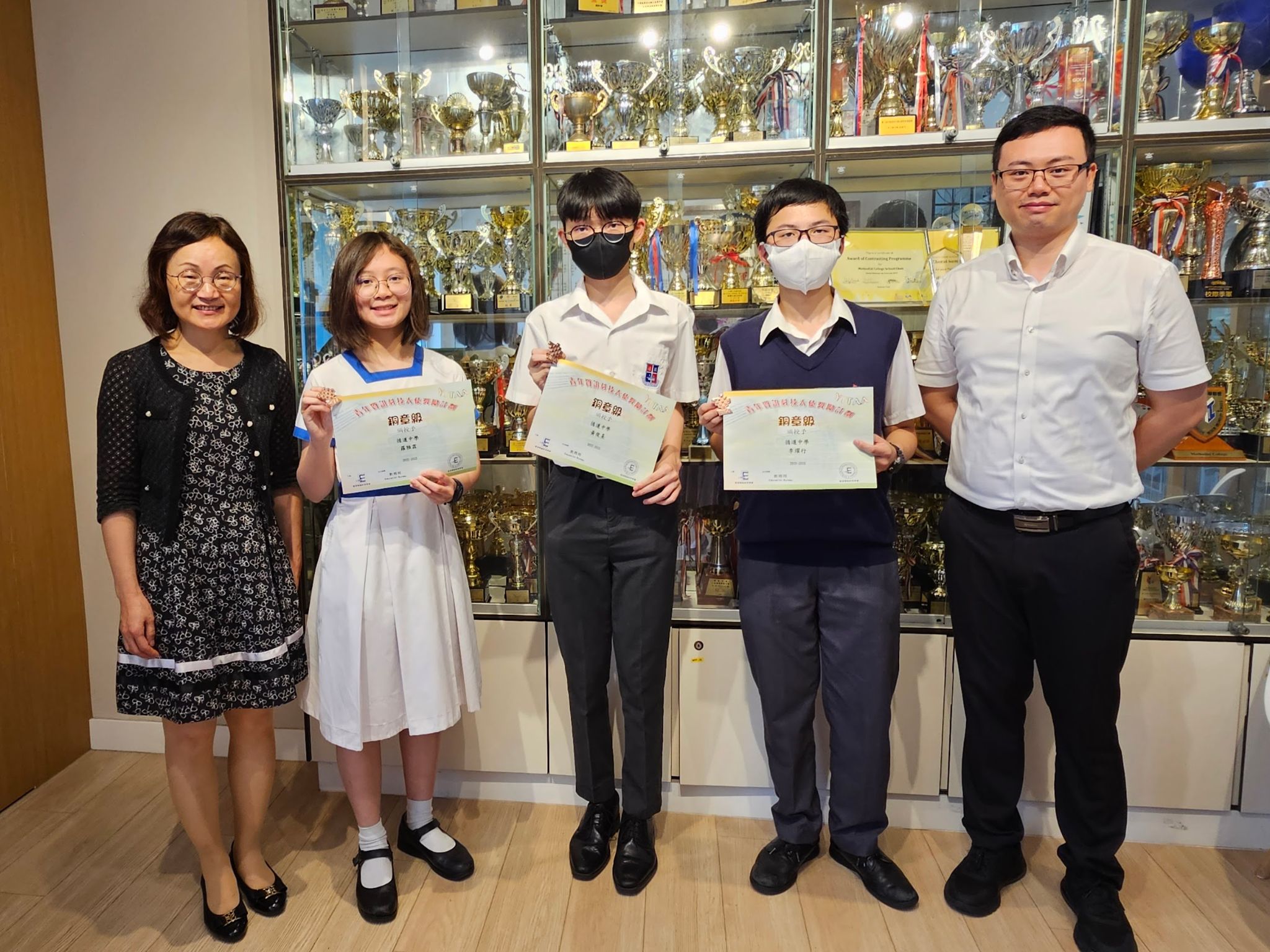ICT
Information and Communication Technology (ICT) | Computer Literacy (CL)
Under the key learning area of technology education, students have the opportunity to learn how to solve daily problems as well as develop skills to address future problems. According to the World Economic Forum report, we foresee that students will require a new set of competencies for the industry 4.0 era.
One of the key competencies is the skill of information processing, which includes the creation, manipulation, storage, retrieval, and communication of information. Students will learn how to effectively find, evaluate, and use digital information resources to research questions and solve problems. They will also learn the technical aspects of collecting, organizing, and sharing information through multimedia tools.
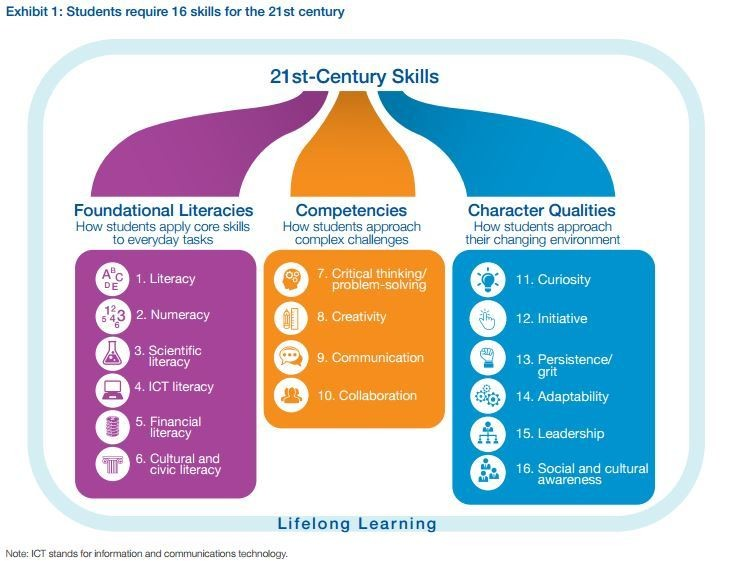
The future skill sets advocated by the World Economic Forum since 2016
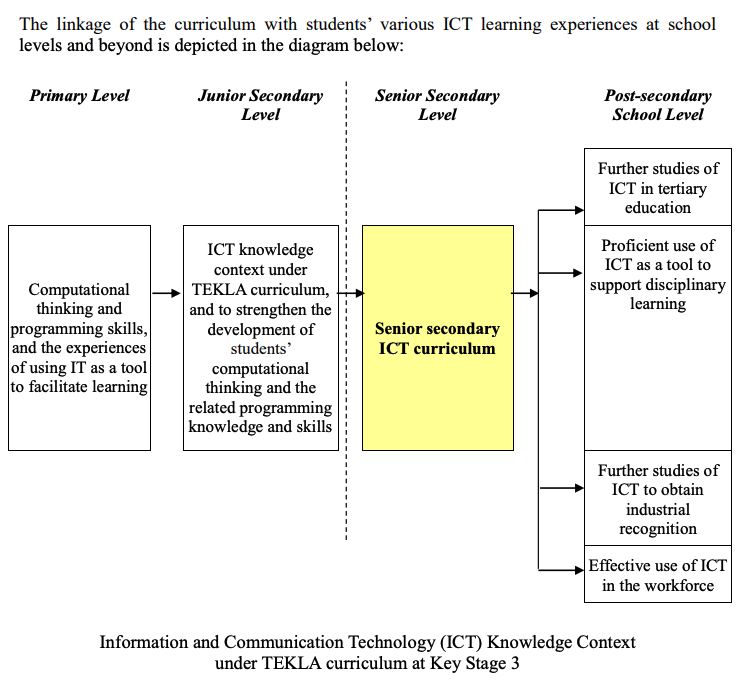
The continuum of learning for students in ICT
By providing opportunities for students to develop their key competencies, both the junior and senior form curriculums are linked to scaffold the learning experience for further study and career orientation. Overall, the school-based curriculum at CL is designed to empower junior students with technological capabilities, understanding, and awareness. Meanwhile, senior students can take ICT as an elective subject in the three-year senior secondary curriculum. More than just having an interest in technology, students will have a clearer picture of their post-secondary education and future career pathways.
After 10 years of implementing the HKDSE ICT curriculum, it is obvious that many new technologies have emerged. Starting in the 2022/23 school year, Secondary 4 students will study a modified version of the HKDSE ICT curriculum. Improvements to the curriculum focus more on knowledge, practical skills, and understanding the processes involved in problem-solving using technology. The latest topics, such as artificial intelligence, big data, and programming algorithms, have been added to the curriculum as well. These changes provide opportunities for students to develop key generic skills like critical thinking, communication, creativity, and problem-solving through contexts that naturally derive from the learning objectives, intended outcomes, and hands-on experiences.
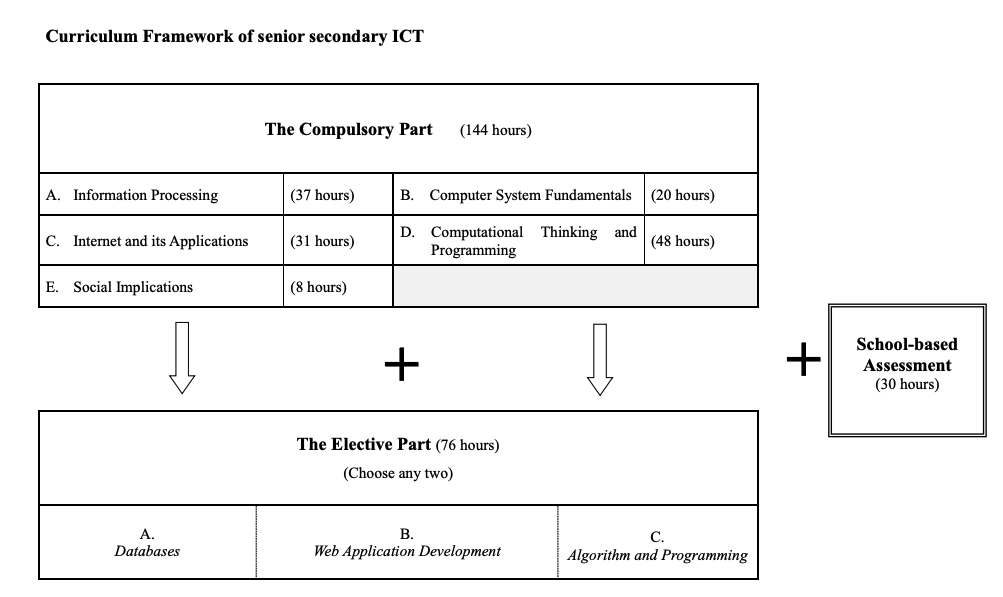
Curriculum Framework of Senior Secondary ICT
Junior Form
Building on basic digital skills like using office applications, operating computers, and accessing the Internet, junior students will broaden their capabilities in areas like coding, project management, and design tools. Students will gain hands-on practice experiences to consolidate their understanding of a range of tools and platforms, such as micro:bit, App Inventor, Go AI, AR101, CoSpaces, Python with CodeCombat, and more. In addition to learning how to use the tools and solve problems, students will also engage in discussions and group projects on various topics to promote awareness and critical thinking. Examples include Internet footprint, identifying fake news, understanding cybercrime, and other timely issues.
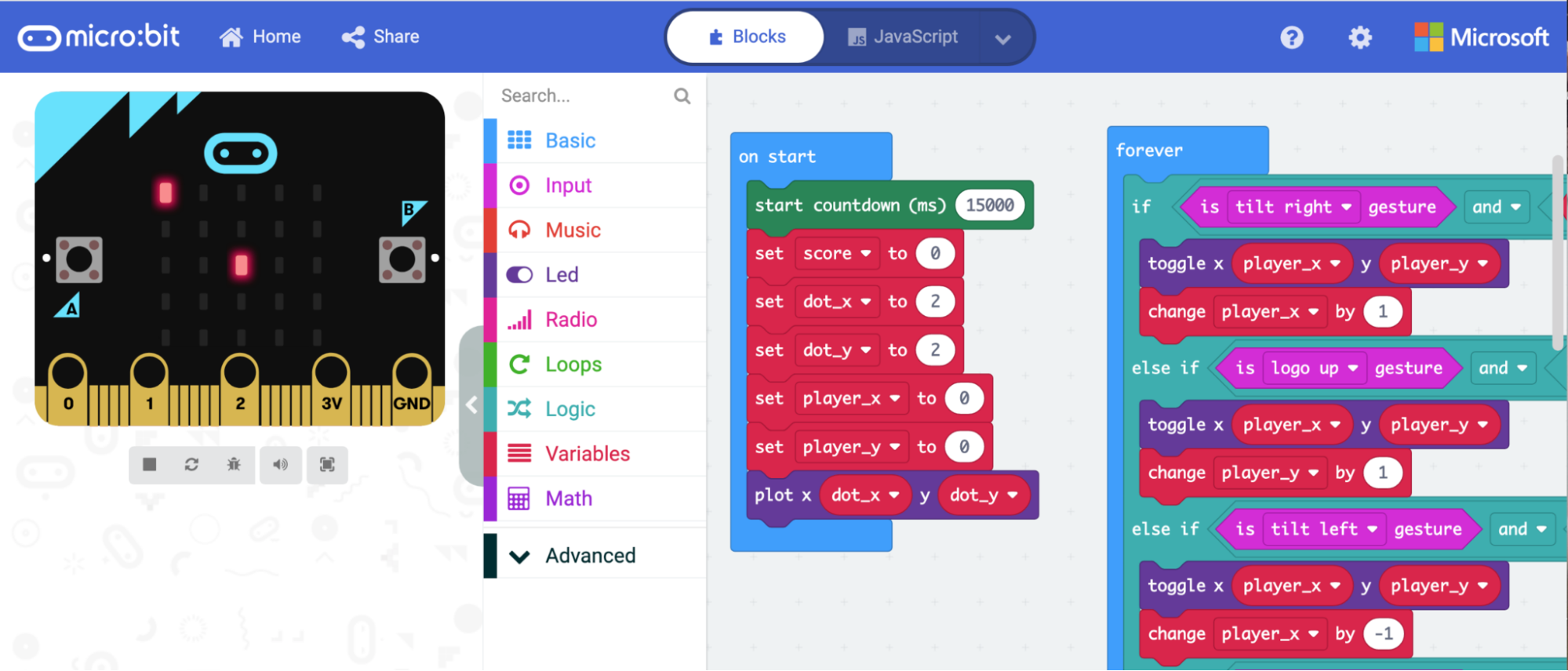
Visual Programming with micro:bit
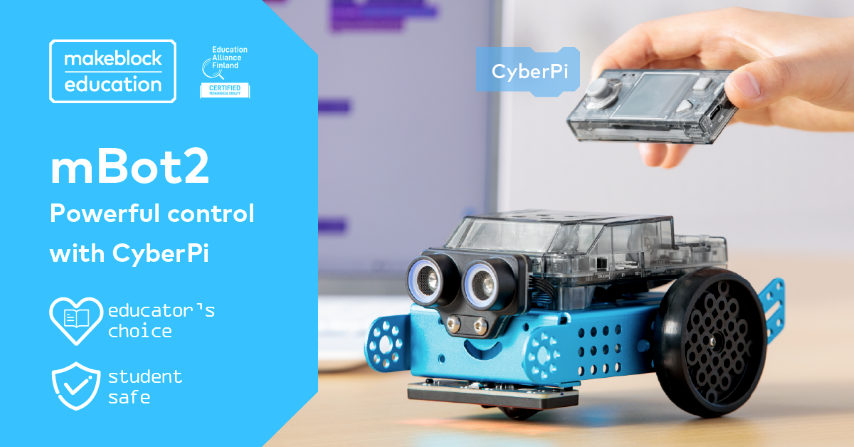
Visual Programming with mBot2
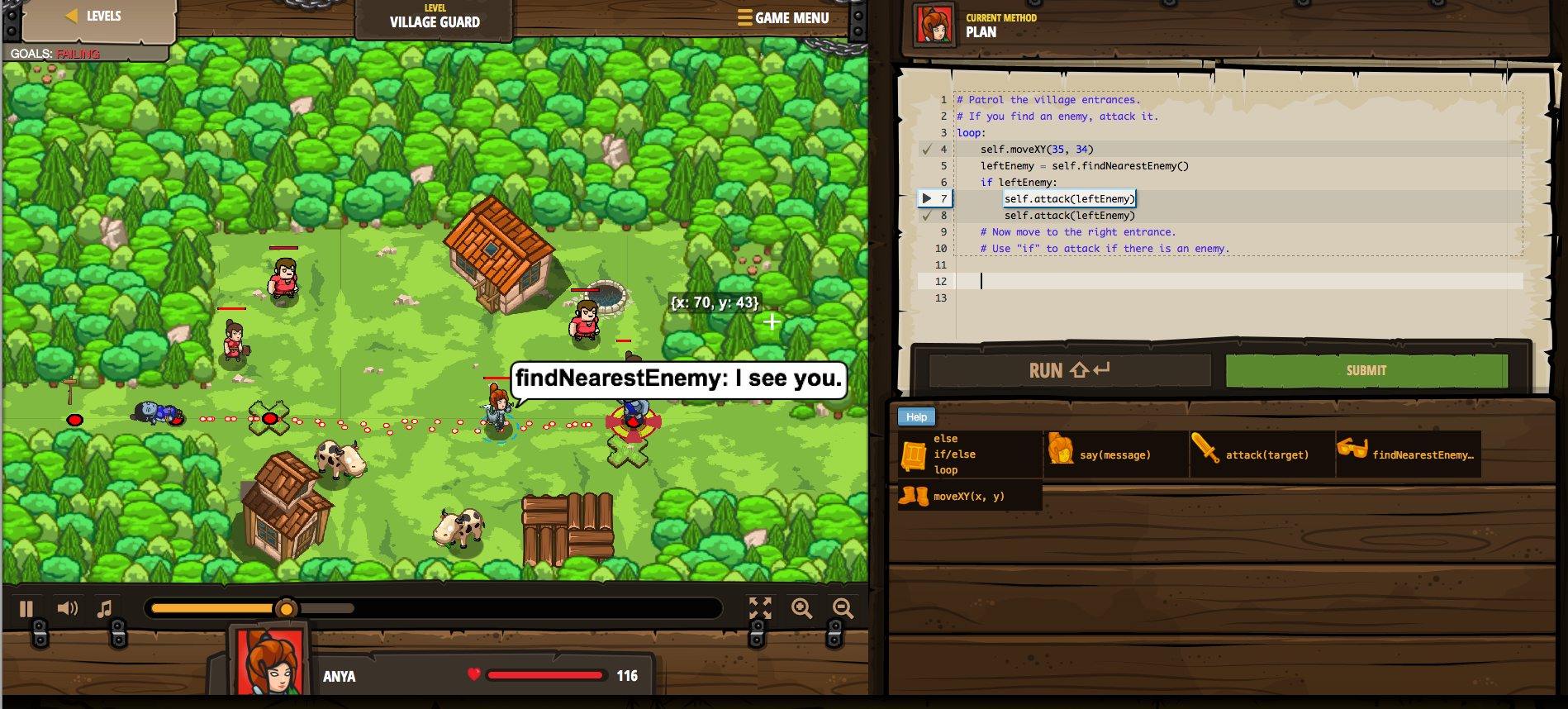
Python programming with CodeCombat and GO
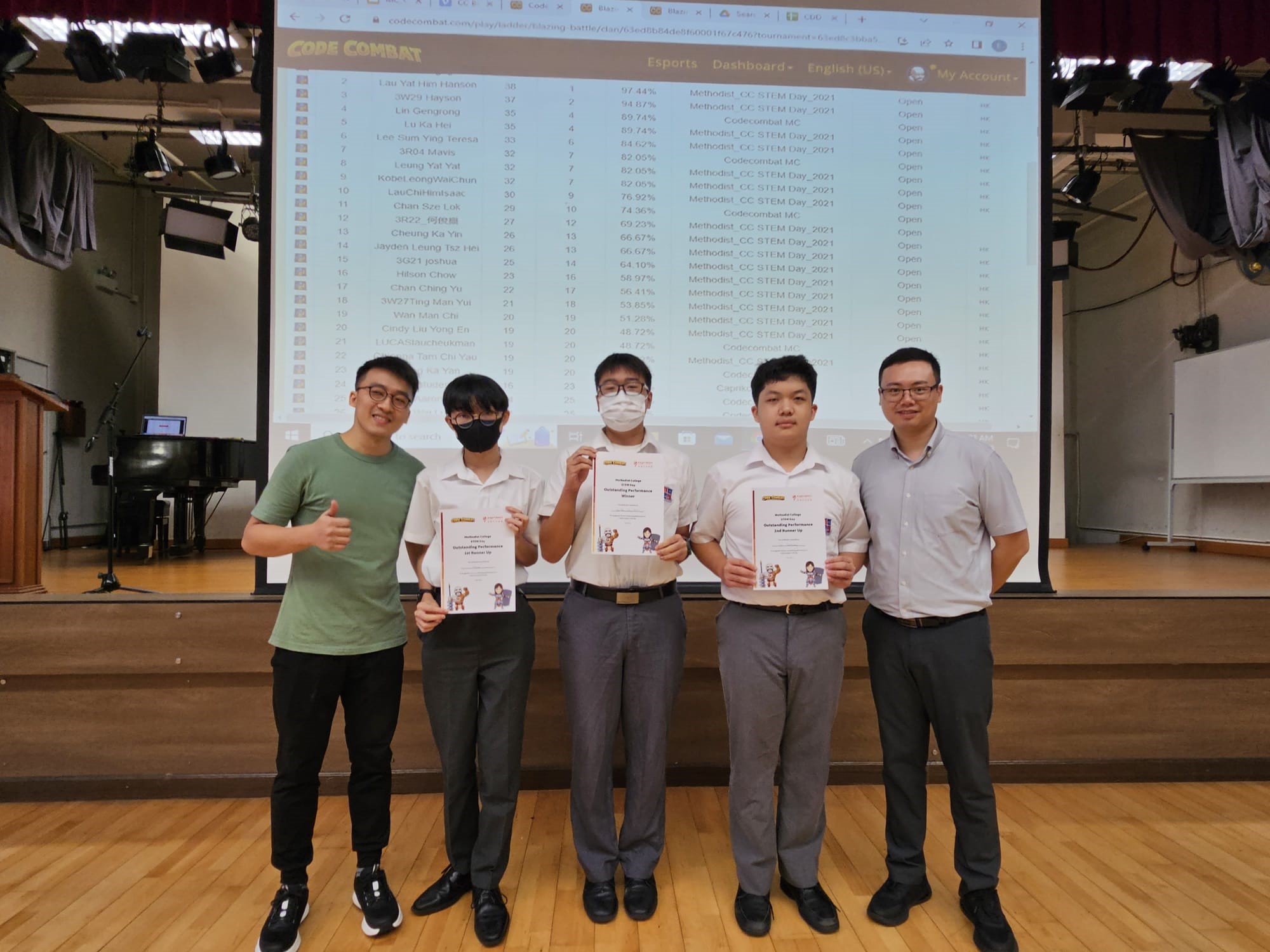
Form 2 Coding Challenge
AI Education
In 2022, our school started the AI Education curriculum through a partnership with the CUHK Jockey Club AI for the Future Project. With this prior experience, our curriculum was ready before the Education Bureau launched the "Module on Artificial Intelligence for Junior Secondary Level." We believe that providing AI literacy at a young age promotes responsible adoption of new technologies by helping students understand both the opportunities and challenges of these rapidly advancing fields. Exposing teenagers to AI concepts early allows them to make more informed decisions about careers and technology as they grow into adults.
AI Education with the Professional Resources from CUHK since 2022
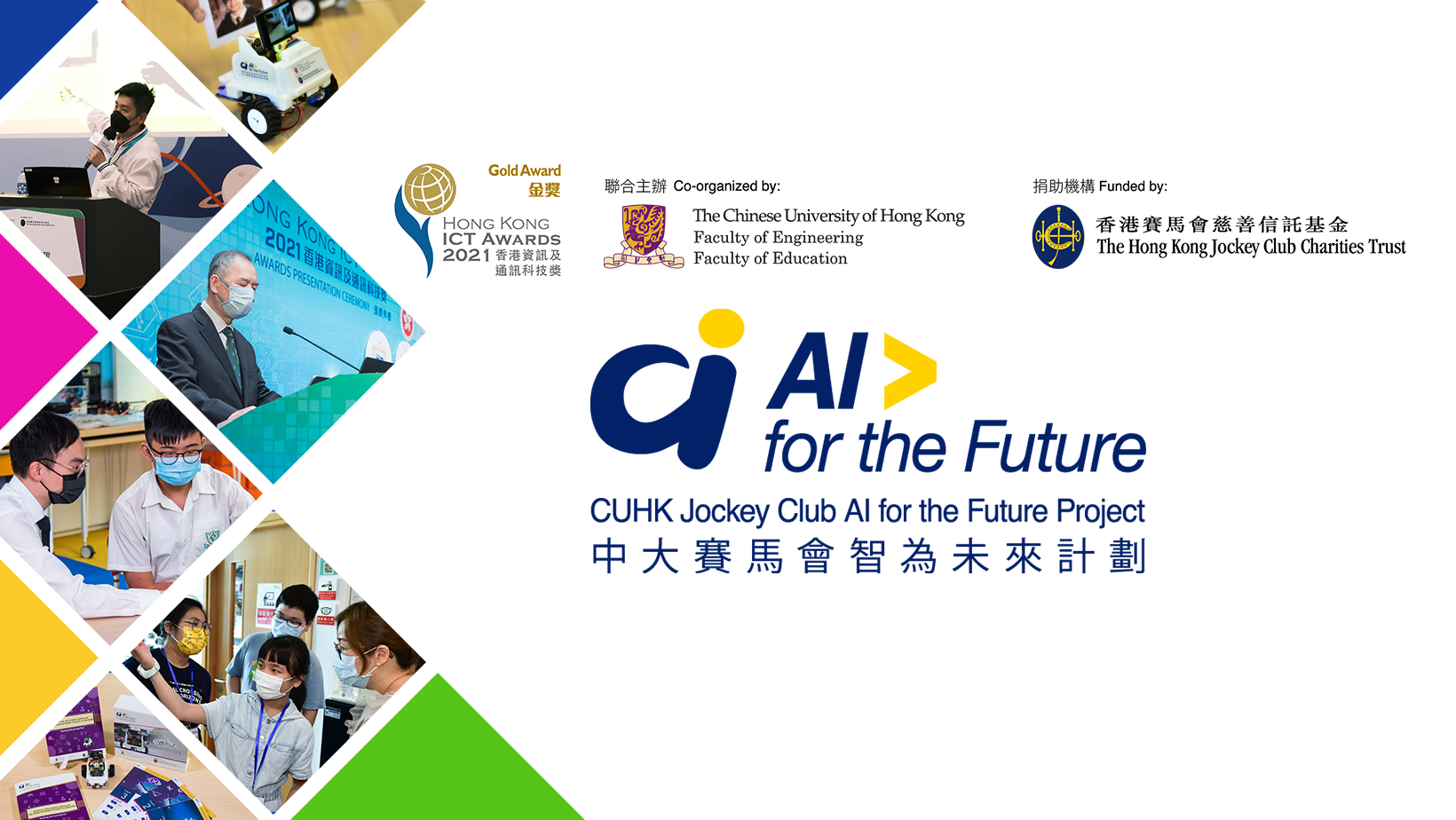
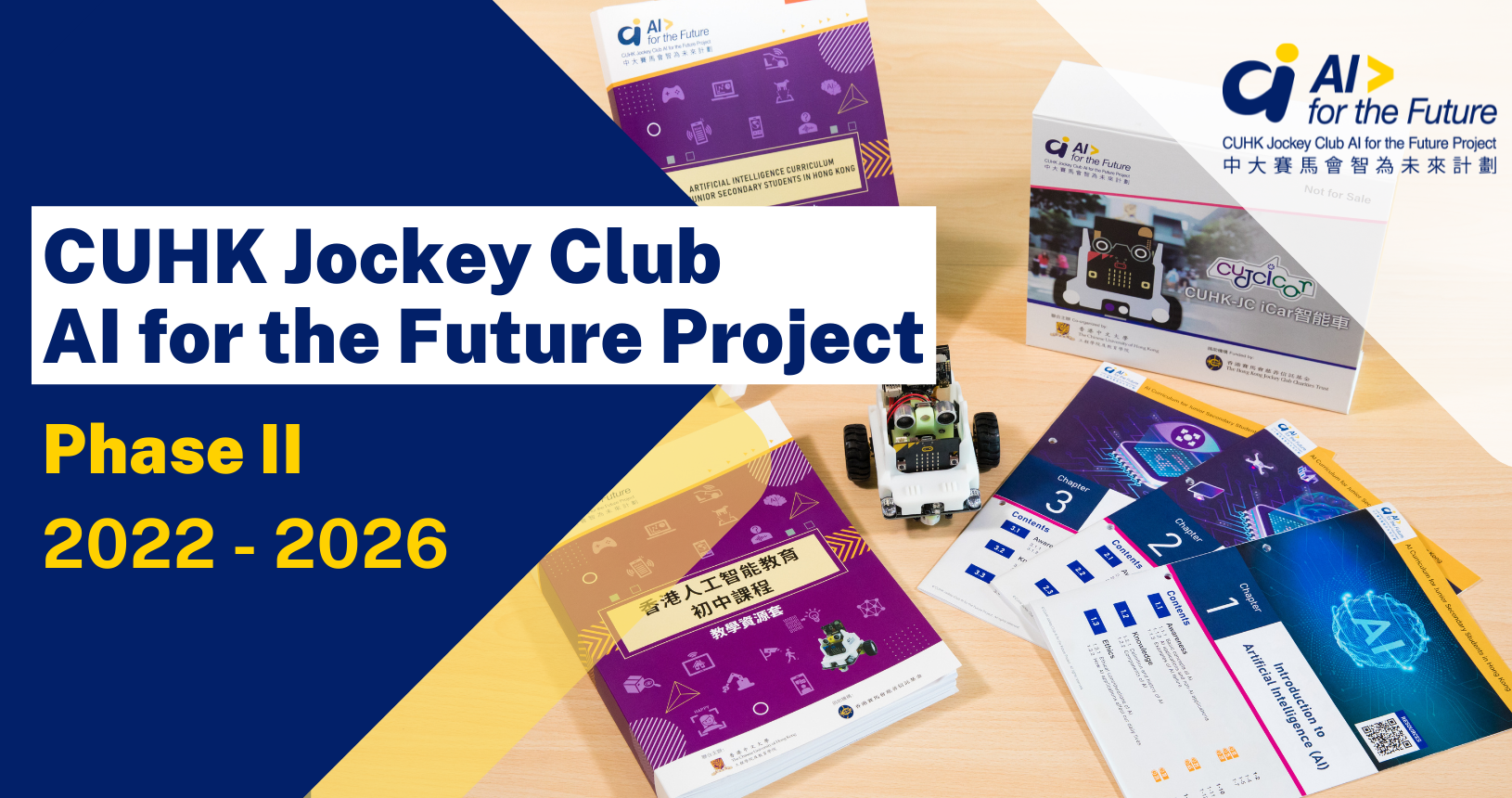
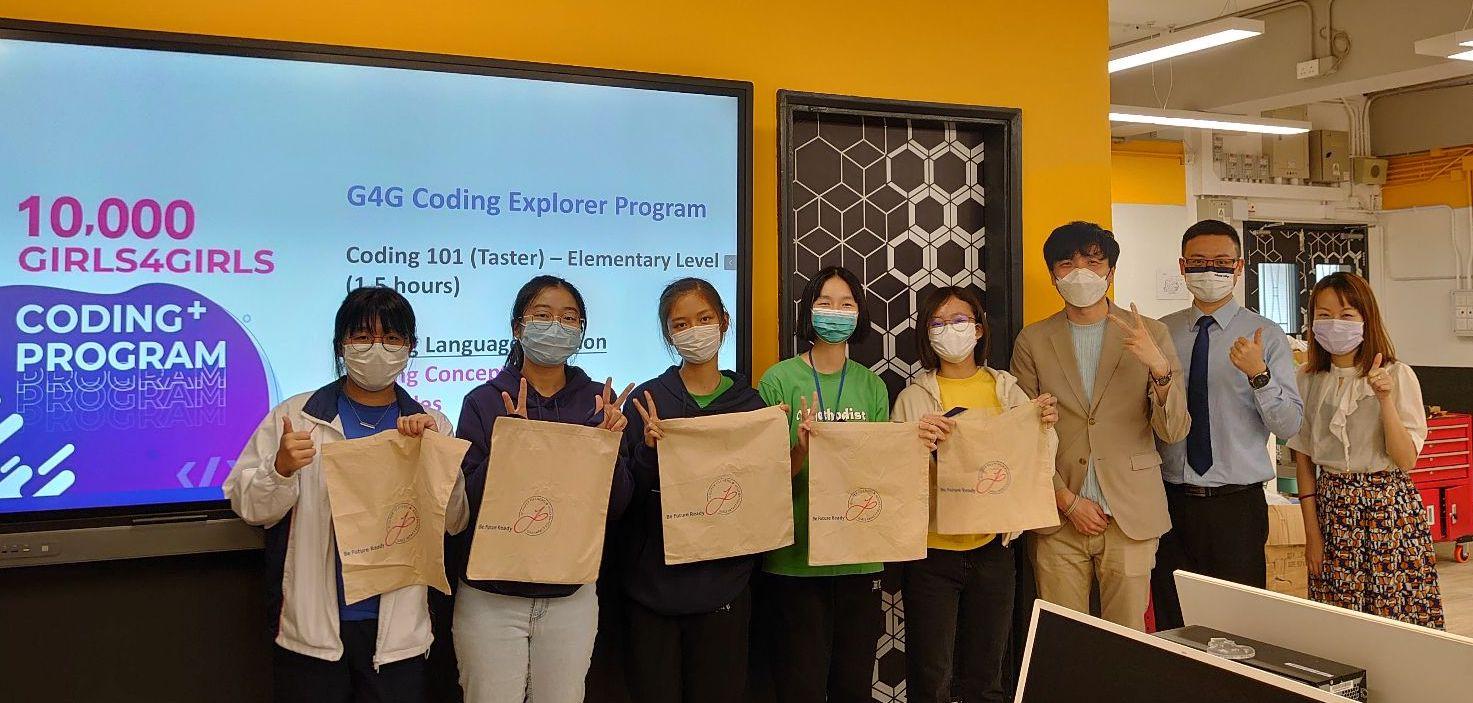
Coding 101 Workshop for Girls to Learning AI Programming
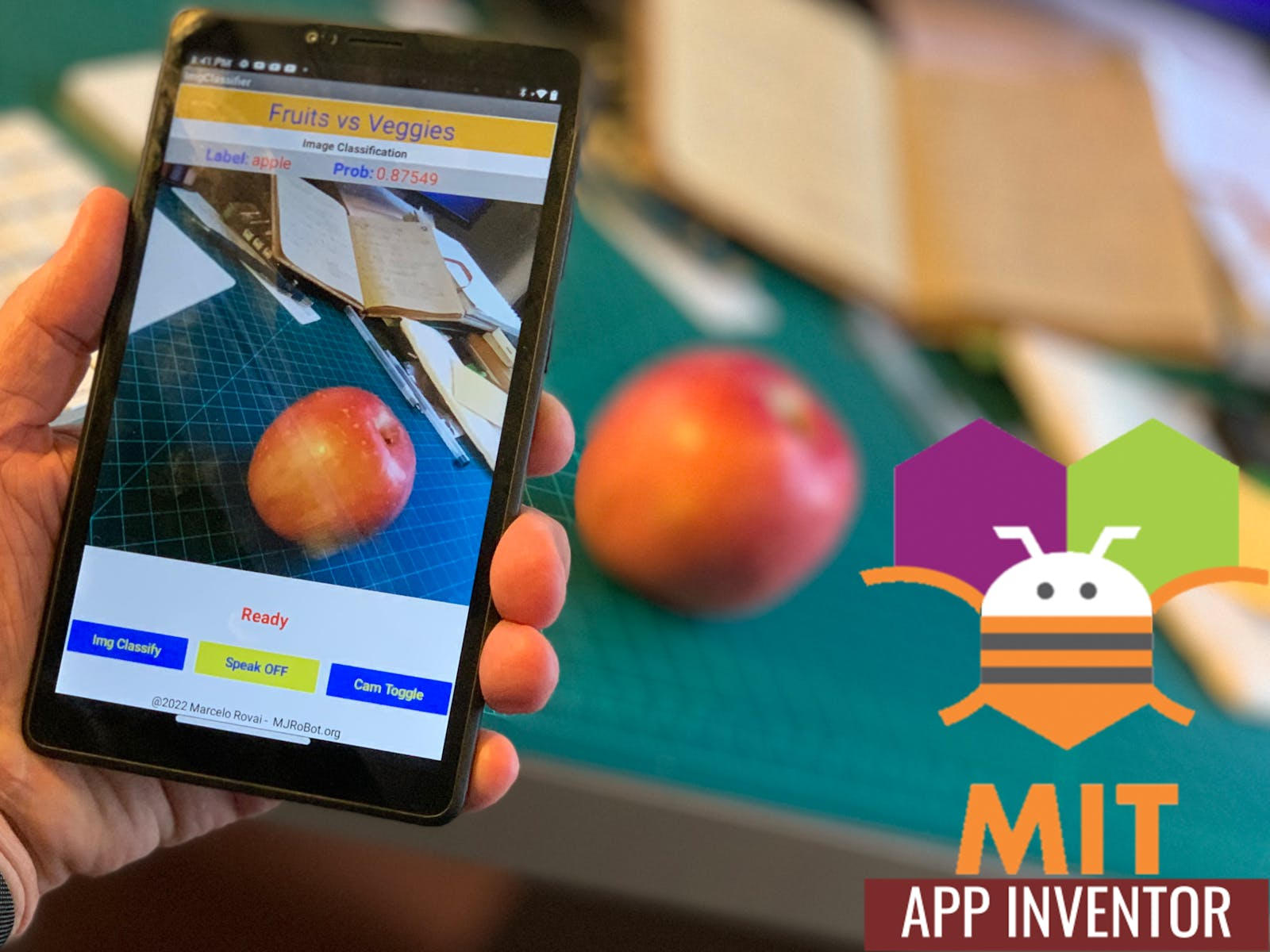
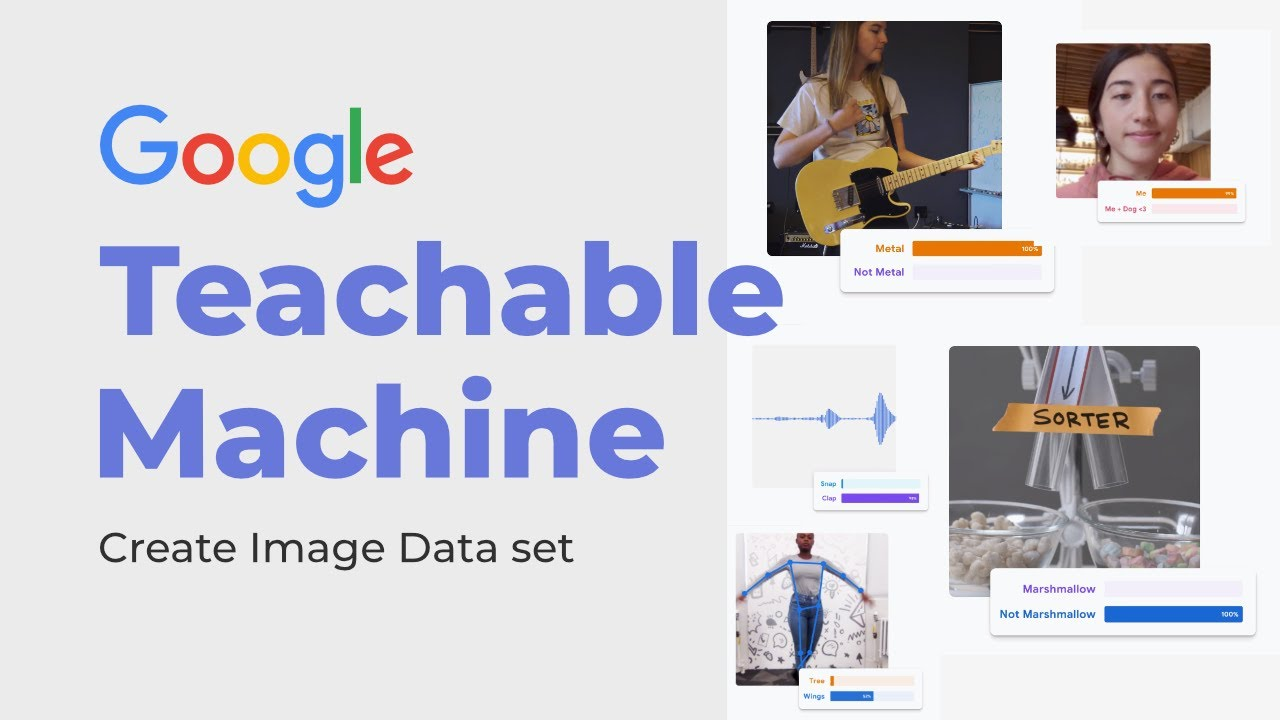
AI App Design with MIT App Inventor 2 and Teachable Machine with AI
Senior Form (Modified curriculum since the year of 2022/23)
In the senior forms, our students will learn with six core modules and two elective modules with a school-based assessment (SBA) for the HKDSE requirement.
The Compulsory Part
1) Information processing,
2) Computer system fundamentals,
3) Internet and its applications,
4) Computational Thinking and Programming
5) Social implications
The Elective Part has three options for students to choose for studying two.
1) Databases
2) Web Application Development
3) Algorithm and Programming
The SBA
Students will apply their ICT skills to create a complete project and write a technical report. Through this experience, students will gain practical knowledge in problem-solving - from conceptualizing a solution from scratch to implementing and documenting the process.
With a total of 250 hours of lesson time and additional hours devoted to project development, students are recommended to extend their learning by joining competitions, pursuing advanced training, or seeking professional internships if they are looking for further experience. Our teaching team has strong connections with various industry professionals and educational institutions to connect interested students with relevant talent programs and opportunities.
Achievement of ICT Students
